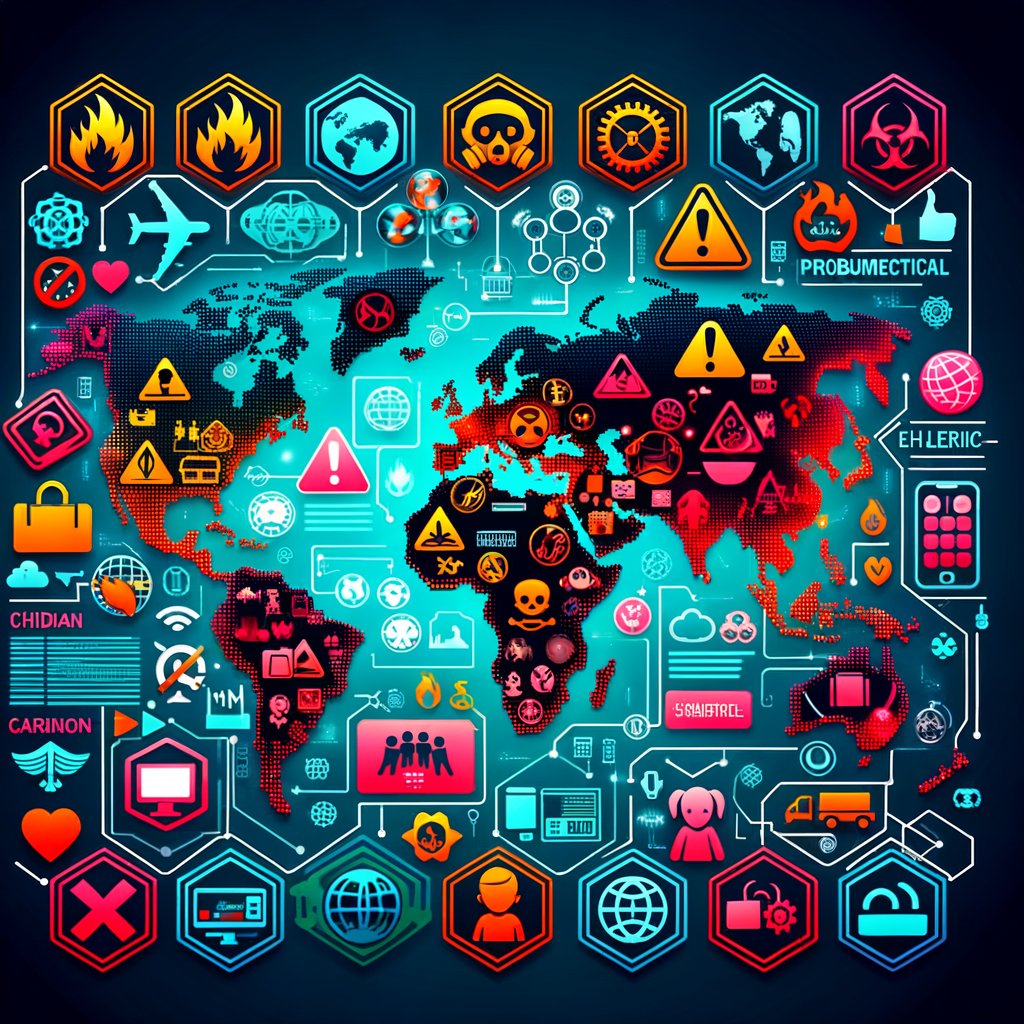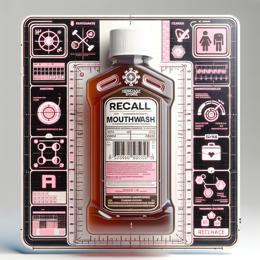Image created by AI
Consumer Alert: Dangers Lurk in Online Shopping as Unsafe Products Flood Temu and Shein Marketplaces
The surge in e-commerce has brought not just convenience but significant risks, with regulatory bodies across Europe, the United States, and Asia raising flags about potentially hazardous products being sold on popular online platforms Temu and Shein. These products range from children's wear containing carcinogens to electronics that bypass safety regulations.
The European Commission has taken a particularly active stance, pointing out that Temu and Shein, both operating from China, distributed items such as flammable children's pajamas and carcinogenic nail polish across the EU. Their violation of safety norms has prompted a proactive initiative to hold these platforms accountable, ensuring they abide by stringent consumer product safety standards.
Similarly distressing reports come from other regions. In the US, the Consumer Product Safety Commission recalled over 68,000 sets of children’s sleepwear sold through Temu due to fire hazards. The repercussions were echoed in South Korea where a staggering 7 out of 26 children's winter clothing items exceeded toxin limits, some with levels of harmful phthalates exceedingly beyond legal thresholds.
In a significant revelation, a MyBroadband investigation highlighted a grave concern specific to South Africa. Temu has been caught allowing the sale of electronics that fail to meet local safety approvals. Examples include devices with Wi-Fi and Bluetooth capabilities sold without clearance from the Independent Communications Authority of South Africa (Icasa) or the National Regulator for Compulsory Specifications (NRCS). Such negligence not only undermines local businesses that adhere to the regulations but also exposes consumers to potentially grave safety risks.
The South African situation is further complicated by the lack of stringent checks and balances at customs, where imported goods from these platforms occasionally evade the required safety certification checks. Despite these challenges, industry insiders stress the importance of NRCS certification in confirming adherence to local safety standards.
In a move to mitigate its growing safety concerns, Shein has announced a substantial $15 million investment toward enhancing product safety testing. According to their statement, Shein indicated a commitment to cutting ties with over 260 suppliers last year for failing to meet established safety criteria.
As the appeal of online shopping grows, so does the importance of vigilance and adherence to product safety standards globally. Consumers are urged to stay informed and cautious while regulators continue their critical work to safeguard public health and safety, making online marketplaces safer for all.



